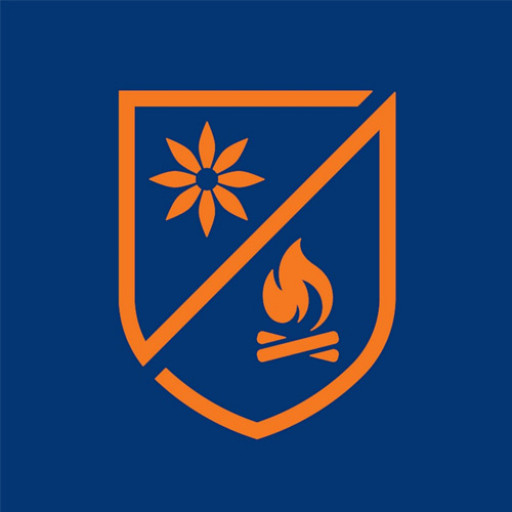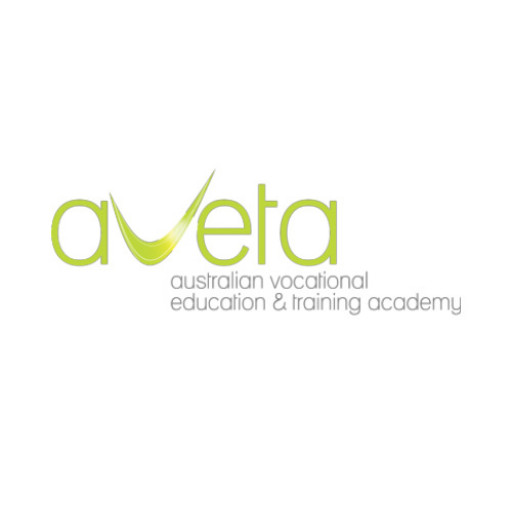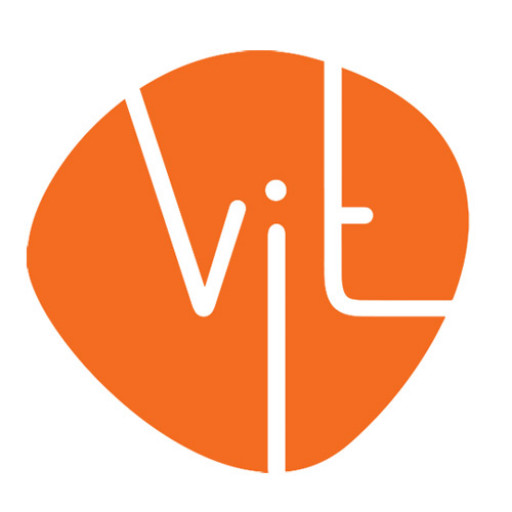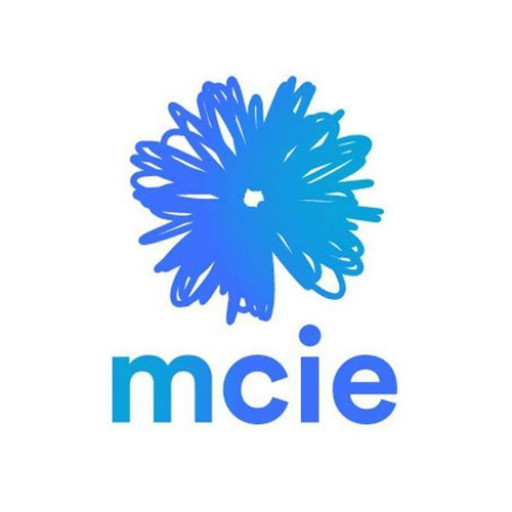This qualification reflects the function of commercial cooks using a wide assortment of well-developed cookery expertise and solid knowledge of kitchen operations to prepare menu and food items. Working with discretion and conclusion, they work with some independence and under limited oversight using plans, policies and procedures to direct work activities.This eligibility provides a path to are a commercial cook in organisations such as restaurants, hotelsand nightclubs, pubs, caf\u00e9s, and coffee shops.No occupational licensing, and certificate or specific legislative requirements apply to this eligibility during book.
The Commercial Cookery program at Chisholm Institute is designed to provide students with comprehensive training in professional cooking techniques and culinary operations. Throughout the course, students will develop essential skills in food preparation, cooking methods, and presentation, preparing them for a successful career in the hospitality industry. The curriculum covers a wide range of topics including menu planning, kitchen safety and hygiene, seafood and meat preparation, pastry and dessert making, and the use of various cooking equipment. Students will gain practical experience in a fully equipped commercial kitchen environment, enabling them to apply theoretical knowledge to real-world scenarios. The program emphasizes teamwork, time management, and customer service, reflecting industry standards and expectations. Participants will also learn about sourcing quality ingredients, cost control, and sustainable practices in cooking. Under the guidance of experienced instructors, students will participate in cooking demonstrations, supervised practical sessions, and industry placements to enhance their skills and confidence. Upon completion of the program, graduates will be equipped with the skills needed for entry-level positions such as Apprentice Chef, Cook, or Kitchen Hand in restaurants, hotels, catering companies, and other hospitality venues. The Commercial Cookery program at Chisholm Institute is an excellent pathway into the hospitality industry, offering both theoretical understanding and practical experience to ensure students are prepared for the demands of a busy commercial kitchen environment.
Program requirements for the Commercial Cookery qualification at Chisholm Institute typically include a combination of prerequisite skills, prior education, and practical training components. Prospective students should demonstrate a foundational interest and some level of practical experience in culinary arts, although specific entry prerequisites may vary. Applicants are generally expected to have achieved a minimum level of literacy and numeracy to manage theoretical assessments and practical tasks effectively. Prior industry experience, while not always mandatory, can be advantageous and may enhance opportunities for advanced entry or recognition of prior learning.
Candidates must complete a series of core units that encompass essential skills such as food safety, kitchen operations, culinary techniques, and presentation. Attendance at scheduled classes, demonstrations, and practical cooking sessions is required to develop proficiency in preparing, cooking, and presenting a variety of cuisines. Successful completion of assessments, both theoretical (written tests, assignments) and practical (live cooking demonstrations), is mandatory for progression.
The program emphasizes workplace-based learning; therefore, students are often required to undertake placements or internships in real-world culinary settings. These placements serve to develop industry-specific skills, workplace communication, and professional standards. Participants should have the physical capacity to perform demanding kitchen tasks, including standing for extended periods, lifting heavy items, and working in environments that may require high levels of accuracy and efficiency.
Language proficiency is essential, with students usually needing to demonstrate adequate English skills to understand instructions and communicate effectively in a professional environment. Some students may be required to provide evidence of language competency through standardized tests.
Financial commitments include tuition fees, which vary based on enrolment status and funding opportunities. Additional costs can include uniforms, equipment, and ingredients for practical cooking sessions. Students are advised to review specific fee details and placement requirements prior to enrolment.
Eligible students may access government subsidized places, apprenticeships, or traineeships depending on their circumstances. Enrolment processes typically involve submission of an application form, interview, and providing relevant documentation such as academic transcripts or industry references. International students must meet visa and English language requirements specified by the institute.
In summary, the program demands a commitment to practical learning, adherence to safety and hygiene standards, and a strong interest in developing professional culinary skills. Meeting these requirements ensures a comprehensive learning experience aligned with industry standards, preparing graduates for employment or further study in the hospitality and culinary sectors.
The Commercial Cookery program at Chisholm Institute offers various financing options to support students in their educational journey. Students can explore a range of government-funded schemes, such as the Vocational Education and Training (VET) Funding, which provides subsidies for eligible domestic students to undertake vocational courses like Commercial Cookery. Additionally, there are Commonwealth and State Government subsidies designed to reduce the financial burden associated with tertiary education, making it more accessible to a broader demographic. International students enrolled in the program are typically required to pay full tuition fees, which vary depending on the course duration and delivery mode; these fees are payable upfront or through arranged payment plans. Chisholm Institute also offers a range of concessional loans and payment plans for eligible students, enabling them to spread their tuition payments over a manageable period. For those who qualify, financial hardship arrangements can be negotiated, providing temporary relief or tailored payment schedules. The institution also provides advice on external scholarship opportunities, grants, and emergency funding that may be available from government bodies or private organizations supporting vocational education. Students are encouraged to consult the Chisholm Institute’s Student Financial Assistance Office or visit their official website for detailed, up-to-date information on costs, eligibility criteria, and application procedures related to financial aid. Combining government subsidies, payment plans, and external funding sources helps ensure that students pursuing Commercial Cookery can access practical training without undue financial stress, fostering a diverse and inclusive learning environment.
Commercial Cookery at Chisholm Institute offers students comprehensive training in culinary arts, focusing on the skills and knowledge needed to succeed in the hospitality industry. The program is designed for aspiring chefs and hospitality professionals, providing a blend of practical experience and industry-relevant theory. Students will learn essential cooking techniques, food safety procedures, kitchen operations, and menu planning through hands-on training in fully equipped commercial kitchens. The course covers various cuisines, food presentation, and contemporary trends in the culinary field, ensuring graduates are prepared for diverse culinary environments.
The program typically includes modules such as food preparation, cookery methods, nutrition, and workplace communication. Emphasis is placed on developing competencies in food hygiene and safety standards to meet industry compliance. Students are encouraged to cultivate creativity and professionalism, which are vital qualities for advancing in the hospitality sector. The training also involves work placements or apprenticeships, providing valuable real-world experience and networking opportunities within the hospitality industry.
Graduates of this program are equipped to work in a variety of establishments, including hotels, restaurants, cafes, and catering companies. The qualification also provides a pathway for further education in hospitality management or related disciplines. The course duration usually spans over one to two years, depending on whether students study full-time or part-time. Entry requirements typically include having a basic level of English and literacy skills, and prospective students may need to demonstrate a genuine interest in culinary arts.
Chisholm Institute is known for its strong industry partnerships and focus on practical skills, ensuring students are job-ready upon completion of their studies. The institute offers modern facilities designed specifically for culinary training, including commercial kitchens and training restaurants. Support services such as career advice, industry connections, and student resources are available to assist students in achieving their career goals.
Overall, the Commercial Cookery program at Chisholm Institute provides a comprehensive foundation for a rewarding career in the culinary arts, emphasizing both technical skills and professional development to meet the high standards required by today’s dynamic hospitality industry.









